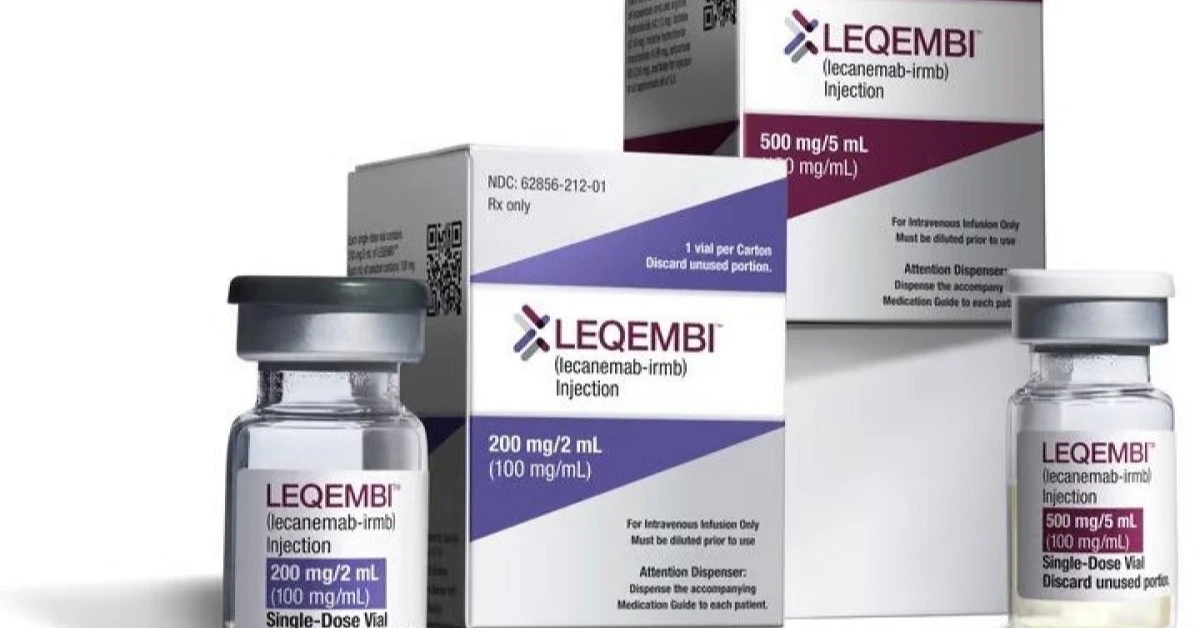
AUSTRALIA – Australia’s Therapeutic Goods Administration (TGA) has once again refused to approve Leqembi, an Alzheimer’s drug developed by Eisai and Biogen.
This decision follows the agency’s initial rejection in October 2024, despite the company proposing a narrower use case.
Leqembi, an anti-amyloid antibody, was designed to treat early-stage Alzheimer’s disease by targeting amyloid plaques in the brain.
However, the TGA remains concerned about the risk of side effects, particularly for patients with the Apolipoprotein E4 (APOE4) gene mutation.
These individuals face a higher risk of brain swelling and bleeding, known as amyloid-related imaging abnormalities (ARIA).
Eisai initially sought approval for all early-stage Alzheimer’s patients but later modified its request to exclude APOE4 carriers.
However, the company still wanted patients with one copy of the APOE4 gene (heterozygotes) to be eligible, arguing that these individuals could be safely treated under medical supervision.
The TGA disagreed, refusing to approve the drug under these conditions.
Global approval, but not in Australia
The TGA’s stance contrasts with that of other regulatory agencies. The UK’s MHRA and the European Medicines Agency (EMA) previously rejected Leqembi for similar concerns but later granted approval for non-carriers and heterozygotes.
So far, 11 countries and regions worldwide have approved the drug. Eisai’s chief clinical officer, Lynn Kramer, expressed deep disappointment, stating that the company tried to reach a compromise but could not accept an exclusion of heterozygote patients.
According to Kramer, this decision denies access to two-thirds of eligible patients and is not patient-centric.
What’s next for Leqembi in Australia?
Eisai has indicated it may seek a review of the decision through Australia’s Administrative Review Tribunal.
Meanwhile, Leqembi’s global sales reached US $196 million in the first nine months of the company’s fiscal year, with a full-year target of US $280 million.
XRP HEALTHCARE L.L.C | License Number: 2312867.01 | Dubai | © Copyright 2025 | All Rights Reserved